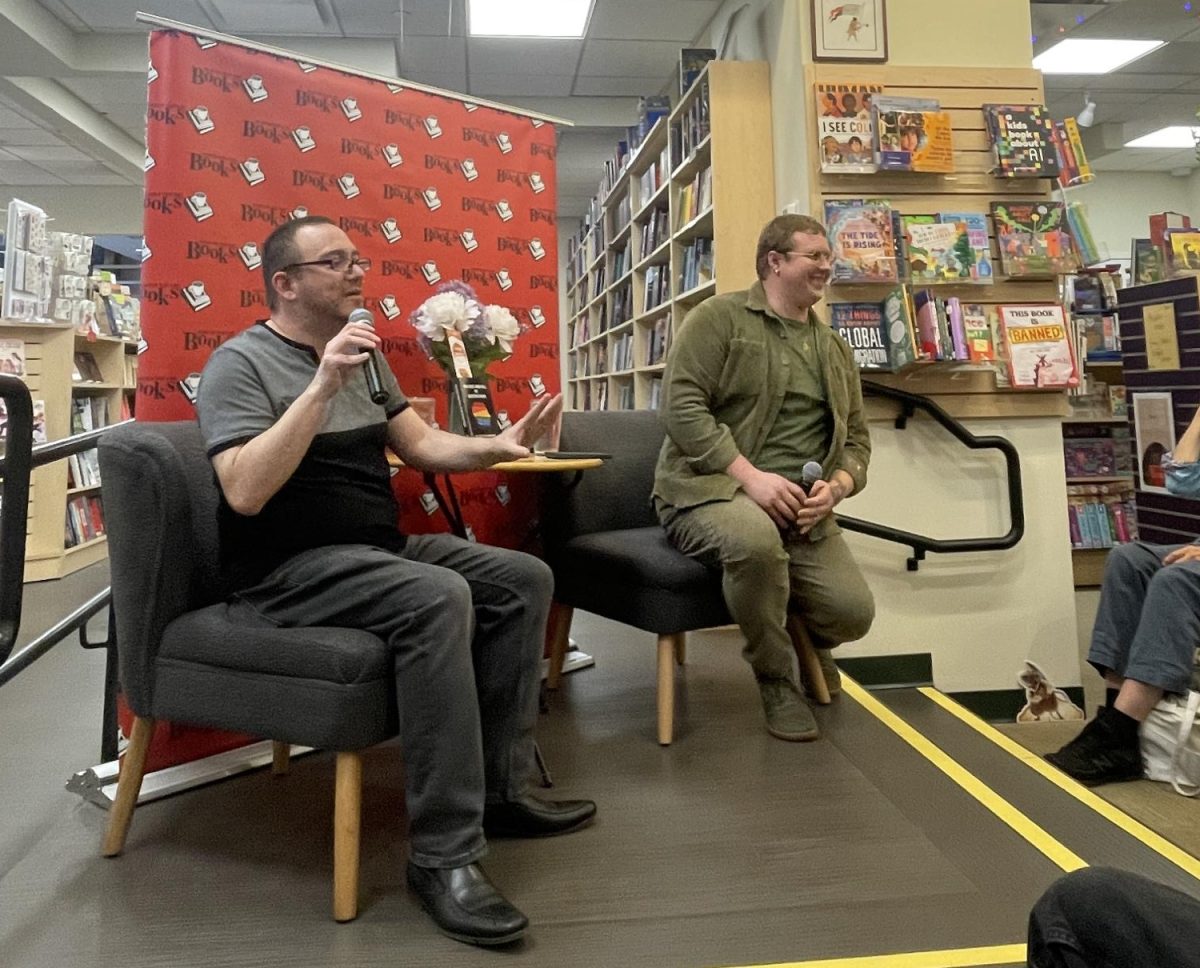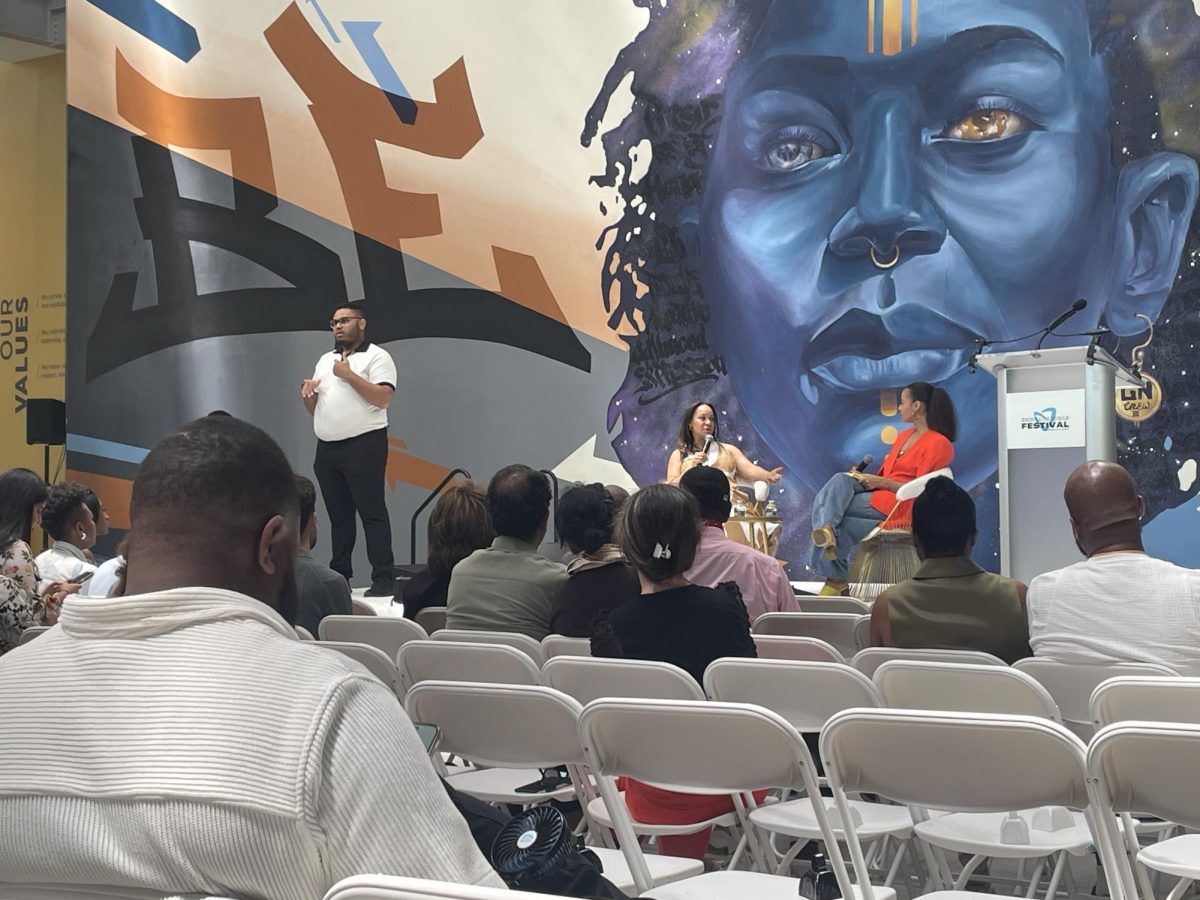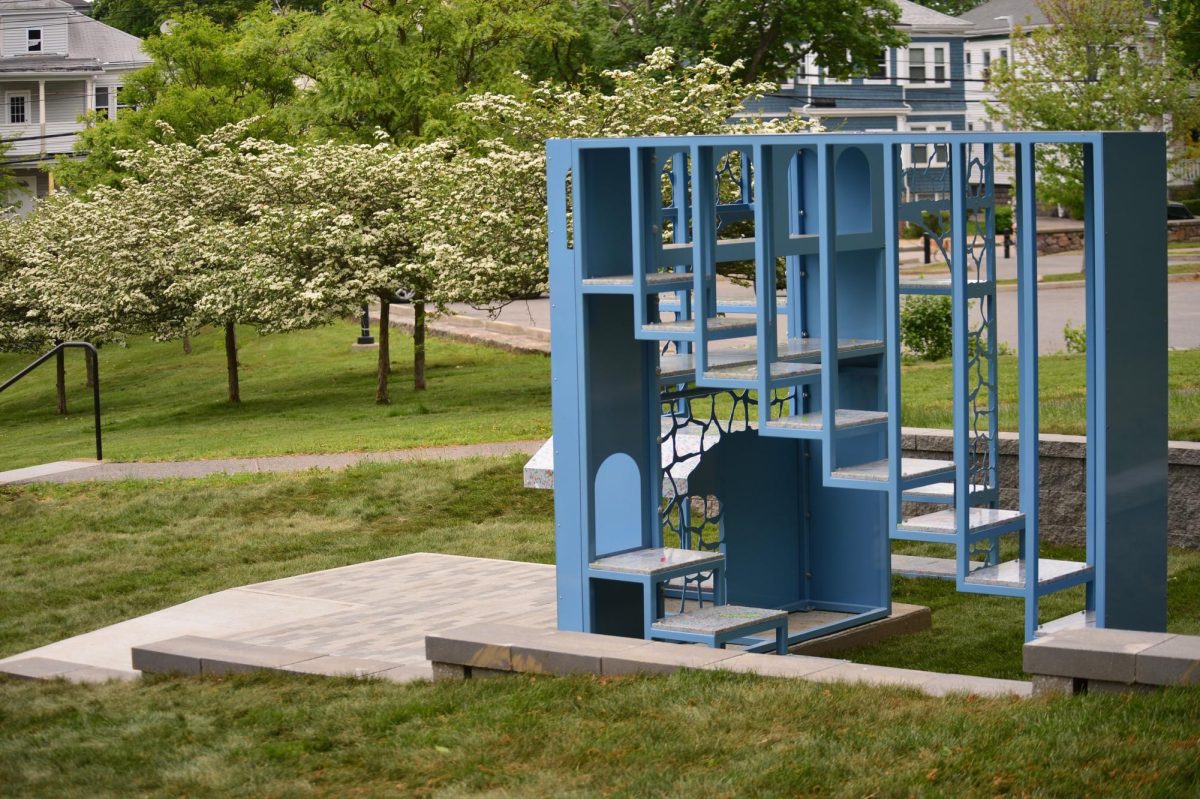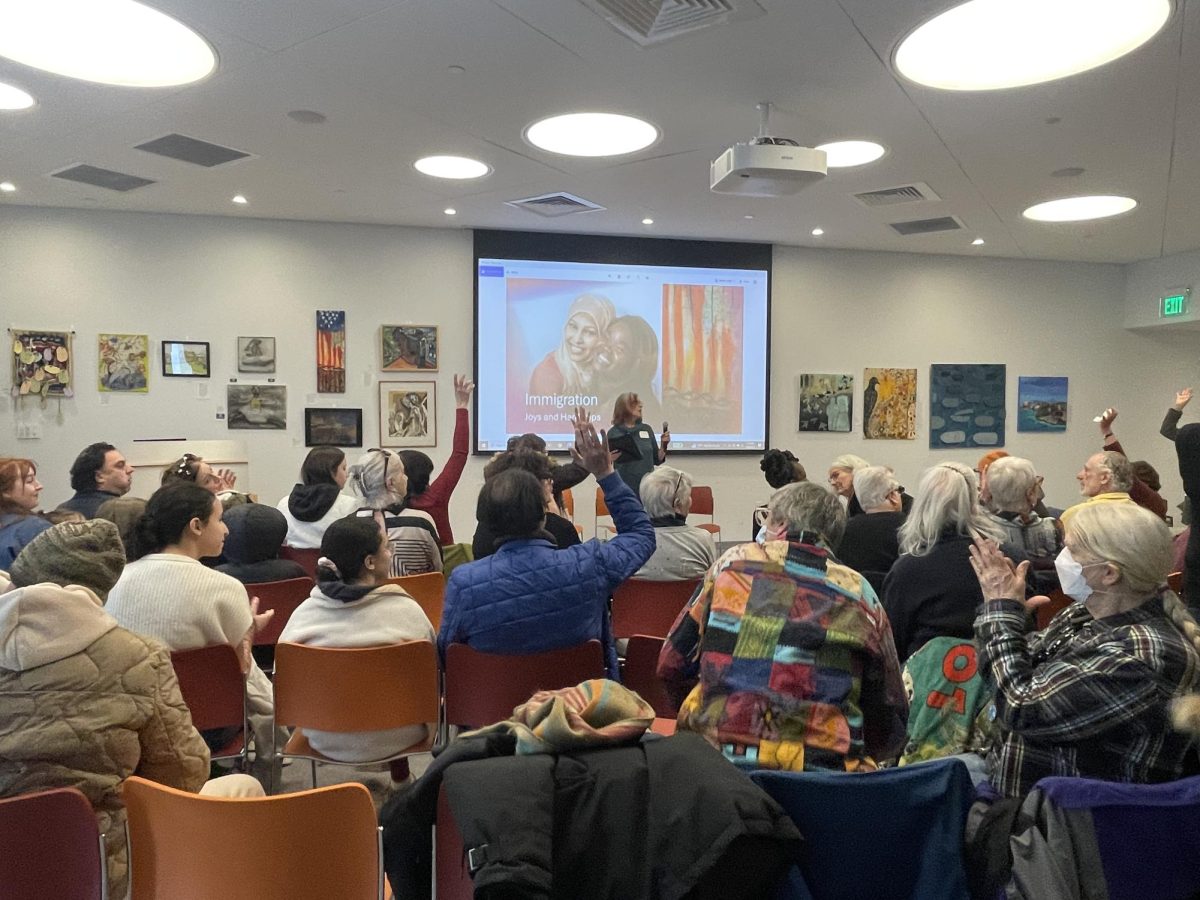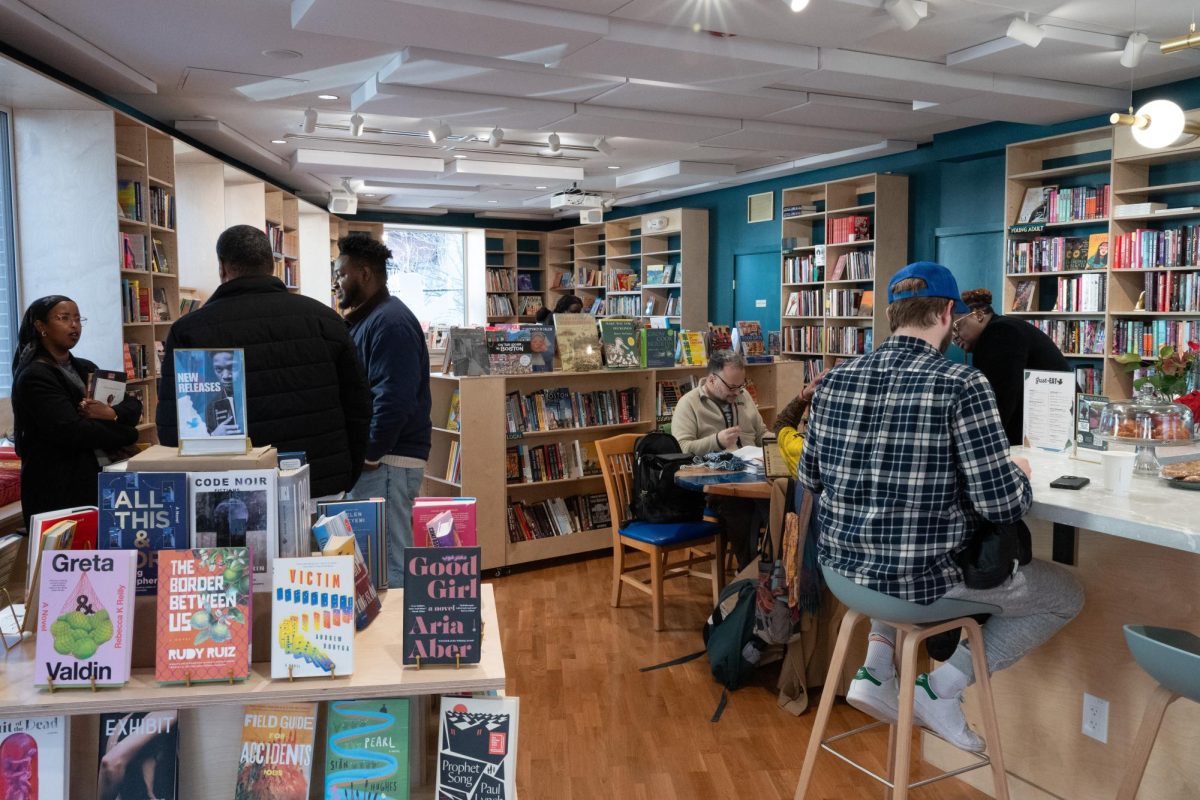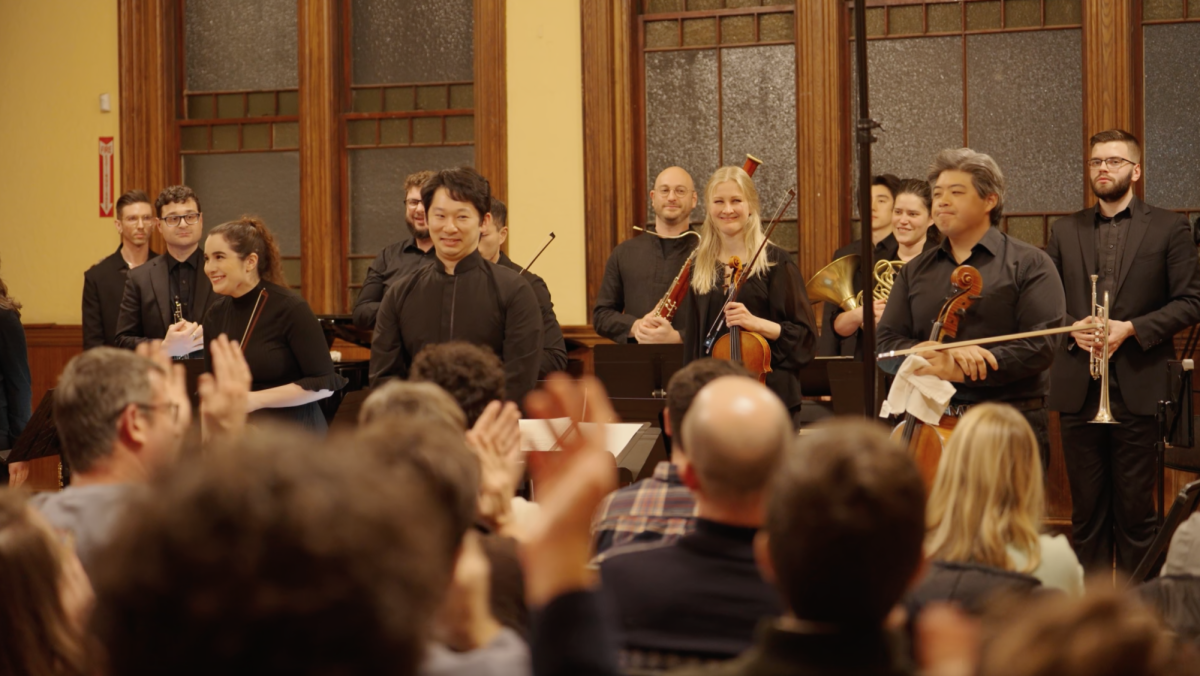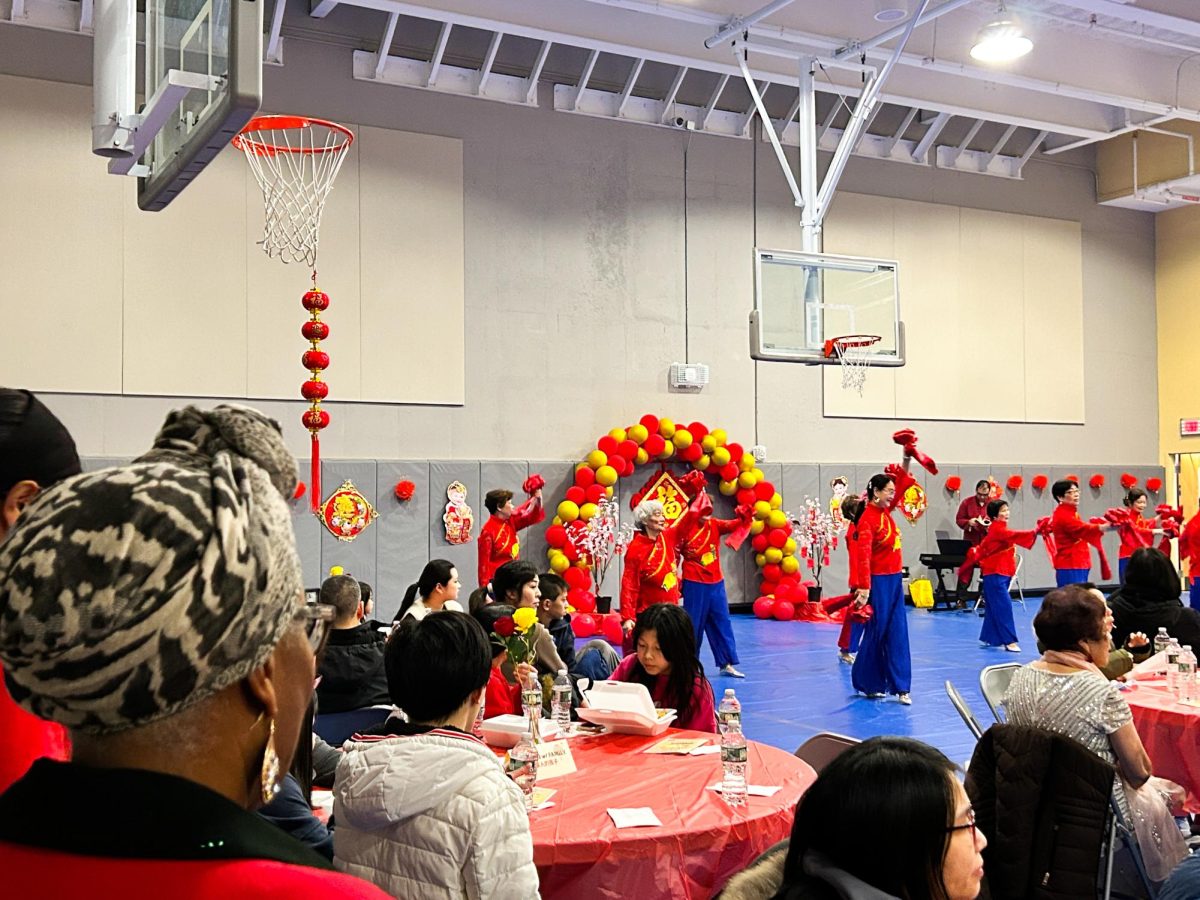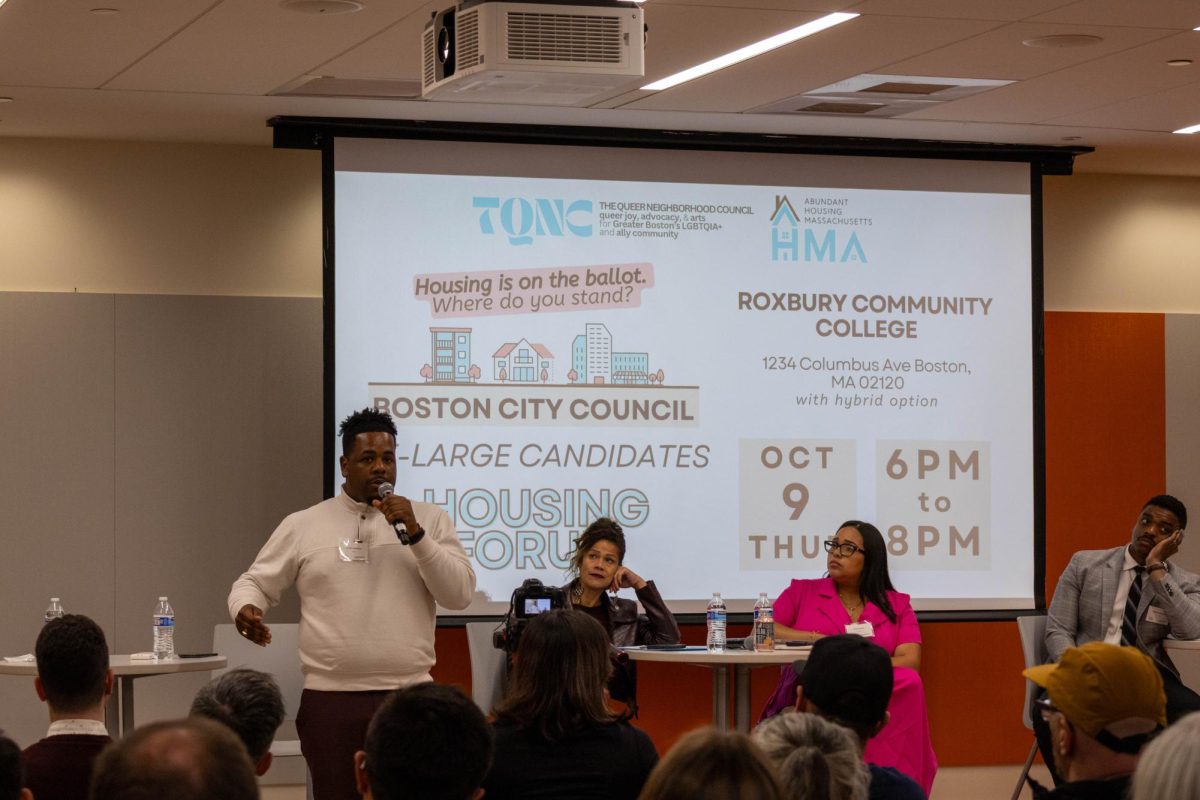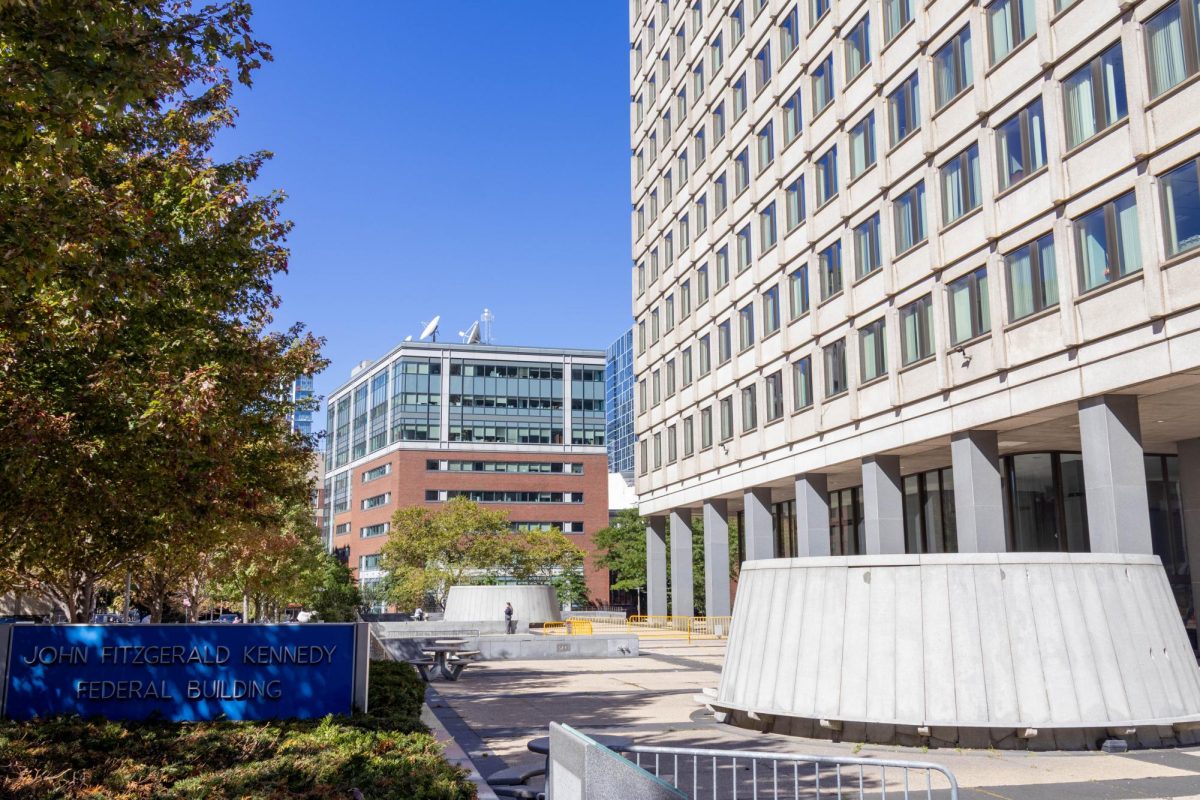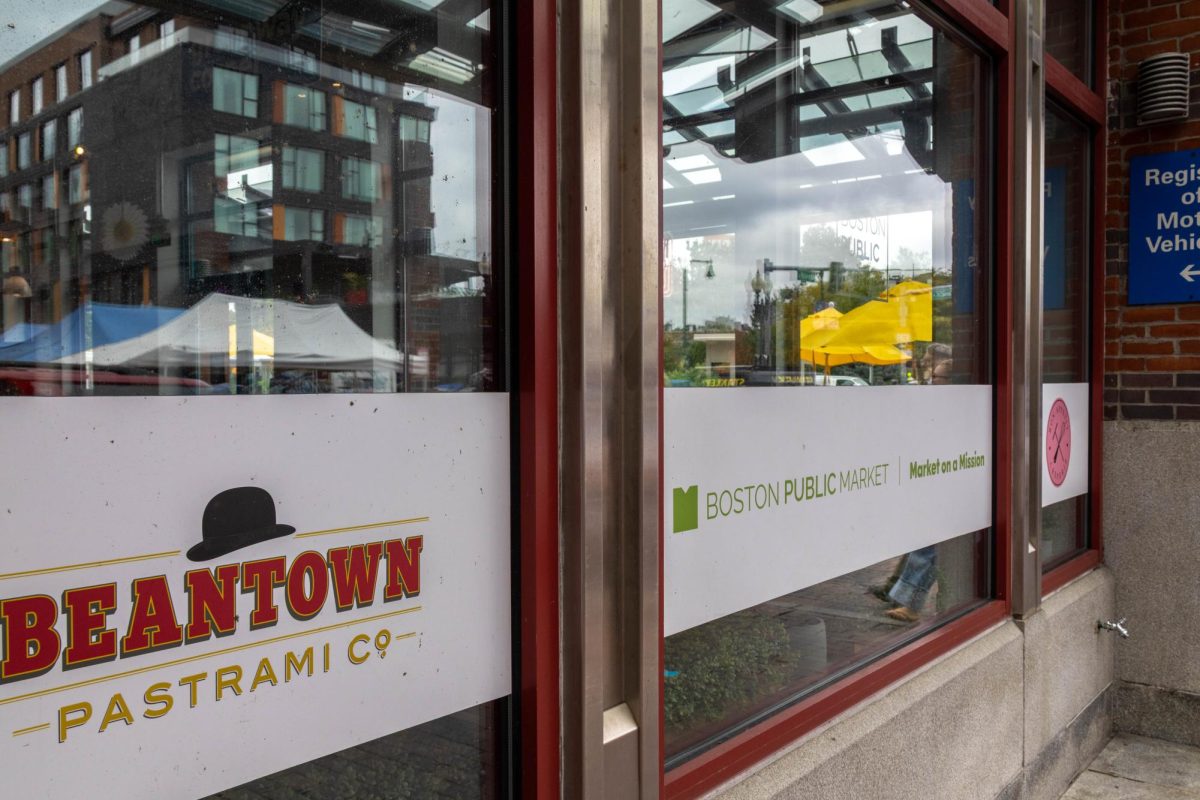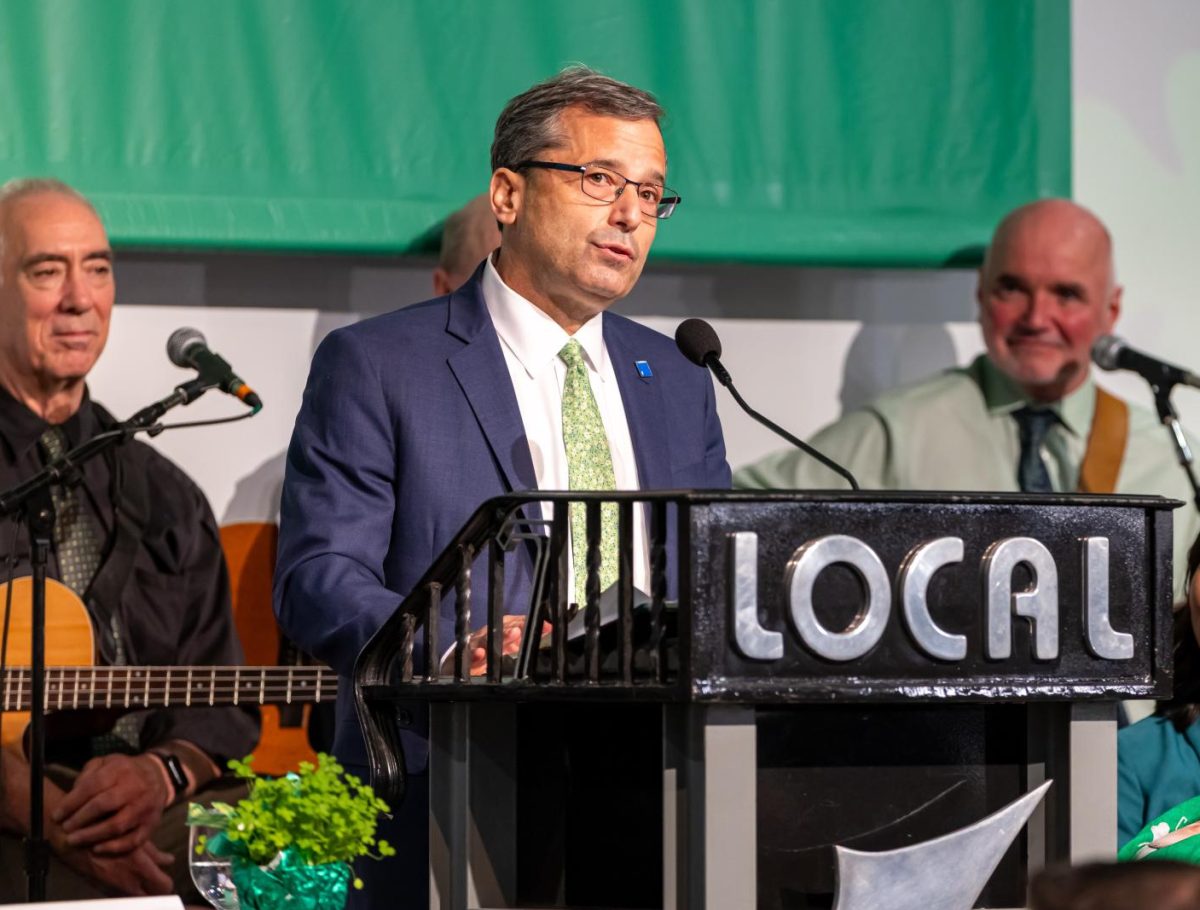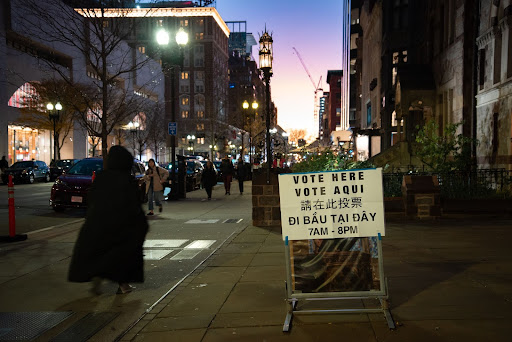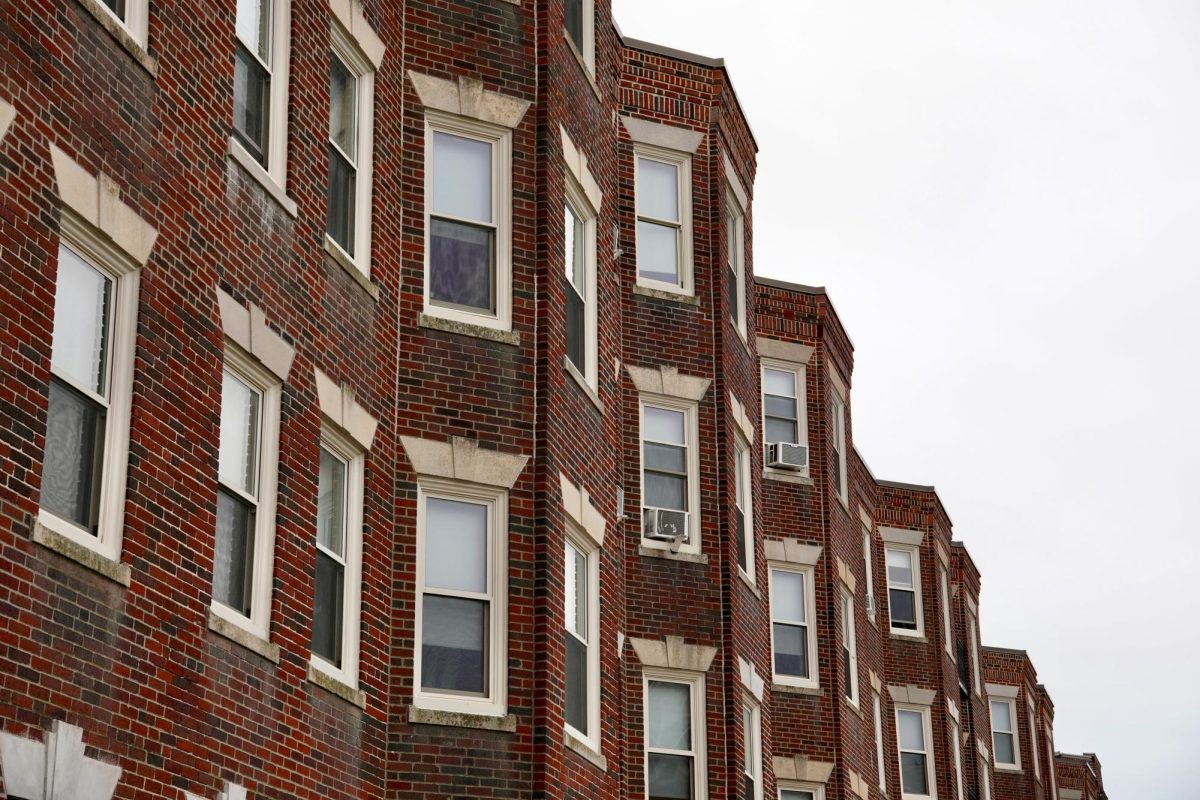In 2021, conflict between certain LGBTQ community members and non-profit Boston Pride regarding the organization’s lack of board leadership diversity resulted in a boycott, the director’s resignation and the group’s dissolution. In its place, another nonprofit called Boston Pride for the People emerged.
But the episode from 2021 is just one chapter in a decades-long history of Boston Pride’s ups and downs. A new book published on Jun. 1, “The Rise and Fall of Boston Pride,” takes a deep dive and a historical approach to understanding the politics behind the city’s pride celebrations from 1970 to 2024.
At a May 29 event at Porter Square Books, author Daniel Gonzalez argued that the 2021 fallout wasn’t totally unique.
“Has there been a year without conflict and tension?” he said.
Gonzalez went through a rigorous research process as he wrote the book. But he quickly found historical parallels to today’s tensions.
“You start in 2021,” he said, “and next thing you know, you’re in 1970.”
Gonzalez explained that the first Boston Pride in 1970 was just a series of workshops, and the first actual march was in 1971. Over the years, there was always a subject of controversy looming over the event, he said. In 1973 and 1974, organizers tried to ban drag queens at pride, but “by the end of 1974, drag queens were back,” he said.
Other conflicts ranged from the question of including participants with AIDS in 1983, and whether to include bisexual people and to institute an admissions fee at pride in the 1990s.
“You can’t talk about pride without complaining about some aspect of pride,” said Matisse DuPont, a staff member at a LGBTQ+ history nonprofit called The History Project, who moderated the conversation.
Another ongoing tension has been the push to make pride a family-friendly event while also embracing the ethos of sexual liberation. A 1996 incident called “bedgate” encapsulated that tension well. At that year’s pride, members of a radical group called the “Lesbian Avengers” pushed a mattress through the parade while simulating sex acts on top of it, causing an uproar.
“There’s always going to be that balance,” Gonzalez said. “How do we keep it so that children can participate? At the same time, how do we protest?”
Despite the tensions over the years, attendees have always been able to commiserate about the issues of the day and engage in shared acts of protest. Gonzalez shared an anecdote about former Governor Michael Dukakis, whose 1985 policy gave preference to straight couples hoping to adopt over gay couples in the foster care system.
“One of the great ways in which they decided to mention this and protested,” Gonzalez said, was that “you could pay a dollar and throw an egg at a picture of his face during pride.”
In an interview after the event, DuPont, who served as social media manager for the original Boston Pride and was there until the organization’s dissolution, said they were excited for people to start reading the book.
“I was in the middle of all of the tumult of last pride,” DuPont said. “So I was really astounded by how accurate this depiction feels like, from a community perspective.”
DuPont learned a lot from their experience during the dissolution.
“I think it’s so important to listen to the community locally on the ground,” they said, “and they were not doing that. That’s the biggest lesson.”
They felt that Linda DeMarco, the director who stepped down in 2021, had not learned from history’s lessons.
“It’s so important to read the history so we don’t repeat it,” DuPont said.
Referring to the organization’s pivot to becoming a Pride history organization (according to their website), Dupont said, “They’re kind of doing their own thing [now].”
In an interview with Gonzalez, the author said that, with the exception of one organizer of the former Boston Pride, none of the previous board members would go on the record with him for an interview. When researching the 2020s downfall, he relied on news reports and resources like archive.org to obtain old versions of the organization’s website.
He aimed to stay objective, stick to the facts and not insert his own opinion into the book.
“I’m not criticizing what they had done,” Gonzalez said, “I’m just [saying], ‘Here’s the information.’”
“If somebody was gonna write the history of Boston Pride,” he said, “it didn’t make sense for me to inject myself into it.”
This year, Boston Pride for the People will take place on Jun. 14, though Gonzalez admitted that the Boston one has gotten too big for him.
“I like small pride parades,” he said. He grew up in Waltham and Newton and tends to go to those prides because “I wanna see my friends,” he said.
“I want the common person to be everywhere in pride,” Gonzalez said.


